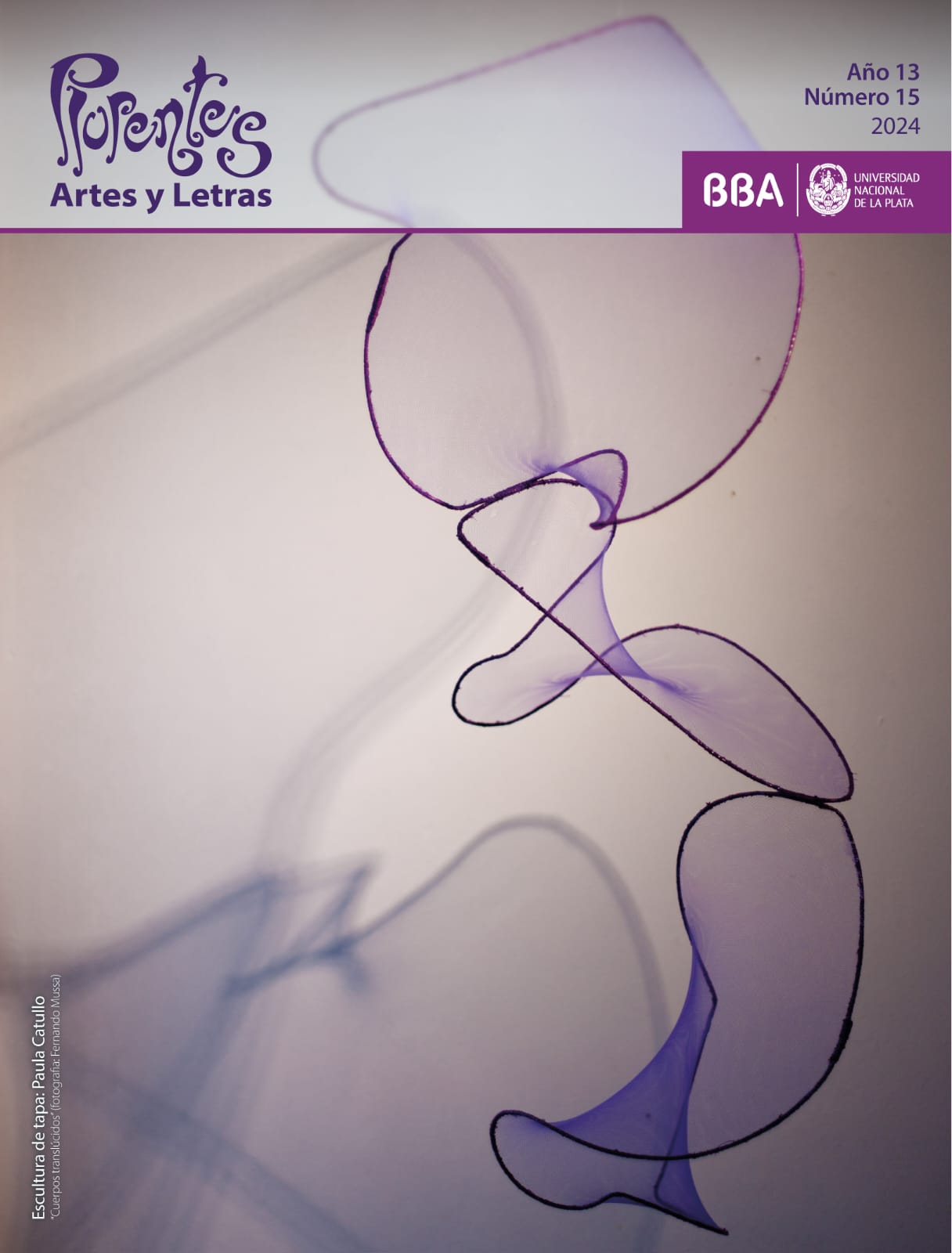Silenced voices
Women composers in the Shadows of the Court to Frederick II of Prussia
DOI:
https://doi.org/10.24215/18536212e083Keywords:
women composers, women, Federico II, cancel culture, 18th centuryAbstract
This paper offers a reflection about eighteenth-century women composers at the Court of Frederick the Great. The challenge is to reconcile the double condition: woman and artist. To understand what this reconciliation implies, the relevant philosophical, social, cultural and historical context is analyzed, inquiring about the possibilities of access to intellectual and artistic training for women throughout history. It also investigates the concept of cancel culture and the invisibilization of the artist and their work.
Downloads
References
Aristóteles. (1994). La Reproducción de los animales. Gredos.
Brown, R. (2002). The early flute / A practical guide. Cambridge University Press.
Dahlhaus, C. (1997). Fundamentos de la historia de la música. Gedisa.
Hornberger J. S. (2020). In the shadow of greatness. Women Composers and their flute. Sonatas at the Prussian court (1730-1771). [Tesis de maestría, The Pennsylvania State University]. https://etda.libraries.psu.edu/catalog/17707sjh77
López Cano, R. (2000). Música y retórica en el Barroco. Universidad Autónoma de México.
Pizan, C. (1995). La Ciudad de las Damas (Trad. M. J. Lemarchand). Editorial Siruela. (Trabajo original publicado en 1405).
Plataforma Autónoma Feminista. (2005). La ciudad de las mujeres, 1405-2005. Madrid.
Pollock, G. (2013). Visión y Diferencia Feminismo, femineidad e historia del arte. Fiordo.
Wollstonecraft, M. (2000). Vindicación de los Derechos de la Mujer. Cátedra.
Published
How to Cite
Issue
Section
License
Copyright (c) 2024 Gabriela Susana Galván

This work is licensed under a Creative Commons Attribution-NonCommercial-ShareAlike 4.0 International License.
Acorde a estos términos, el material se puede compartir (copiar y redistribuir en cualquier medio o formato) y adaptar (remezclar, transformar y crear a partir del material otra obra), siempre que a) se cite la autoría y la fuente original de su publicación (revista y URL de la obra), b) no se use para fines comerciales y c) se mantengan los mismos términos de la licencia.





















